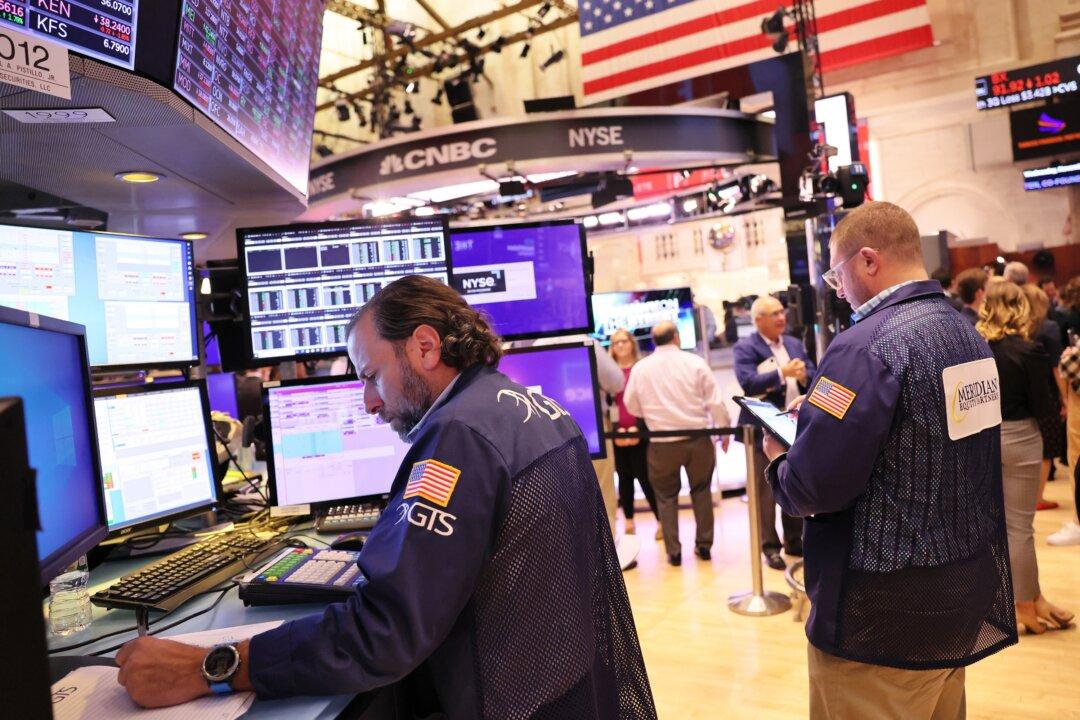The U.S. stock market jumped on Tuesday as the Consumer Price Index (CPI) data came in lower than expected, boosting investor expectations that inflation might ease down in the near future.
The 12-month CPI for November came in at 7.1 percent, down from 7.7 percent in October. It was the fifth straight monthly decline after the CPI hit a peak of 9.1 percent in June. This is the lowest rate since December 2021, and was below the market expectations of 7.3 percent. Stock markets responded to the inflation data positively, with the S&P 500 Index up by 0.52 percent, the Dow Jones Industrial Average by 0.11 percent, and Nasdaq by 0.72 percent, as of 1:17 p.m. EST.





